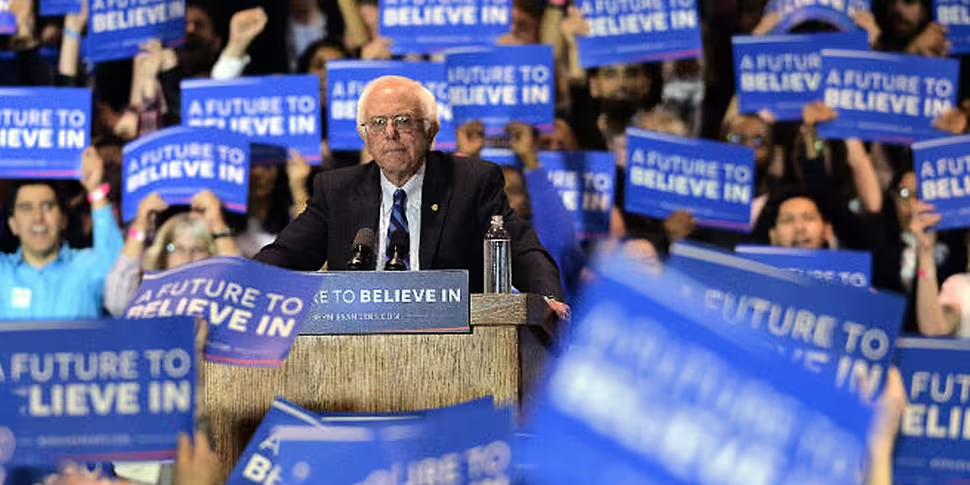The Democratic challenger for the US Presidency, Bernie Sanders has entered the debate about whether Norwegian Airlines International should be granted a licence to fly the first scheduled transatlantic flight from Cork to the United States and a separate service from Shannon.
He has written to the US Department of Transportation claiming that granting the licence would violate labour rules, and that it would set a "dangerous precedent" that threatens thousands of jobs, from flight attendants to mechanics and pilots on both sides of the Atlantic.
"Granting such a permit would be a direct violation of the strong labour provisions included in the US/EU Open Skies agreement," the presidential hopeful said.
"We must do everything we can to prevent a global race to the bottom in the airline industry. If this permit is approved, it would open the door to the same 'flag of convenience' model that decimated US shipping," he added.
US aviation unions and some in Europe claim Norwegian intends to use its Irish air carrier permit to employ low-paid crew, a claim consistently denied by the airline itself.
Competition
A spokesman for the airline offered this comment yesterday, "Some US politicians and unions are continuing to do everything they can to block the competition, preventing passengers' access to affordable airfares, and blocking the creation of new jobs and significant benefits to Ireland and the US.
"The fact remains that NAI is a recognised EU airline, with a Dublin headquarters, more than 35 aircraft registered in Ireland and a series of new routes from Ireland planned."
The company added that it offers "competitive wages and conditions" in all territories.
Cork Airport managing director Niall McCarthy says that transatlantic flights would provide a boost to the airport, "We urgently seek the public's help and support to ensure the permit is approved and that the flights are secured once and for all," he said, adding that the city has "so much to gain" if the route goes ahead.
It emerged yesterday that Ryanair has written to the US Authorities offering its support to the proposed transatlantic service from its low-cost competitor, arguing it would result in increased competition and consumer choice.









